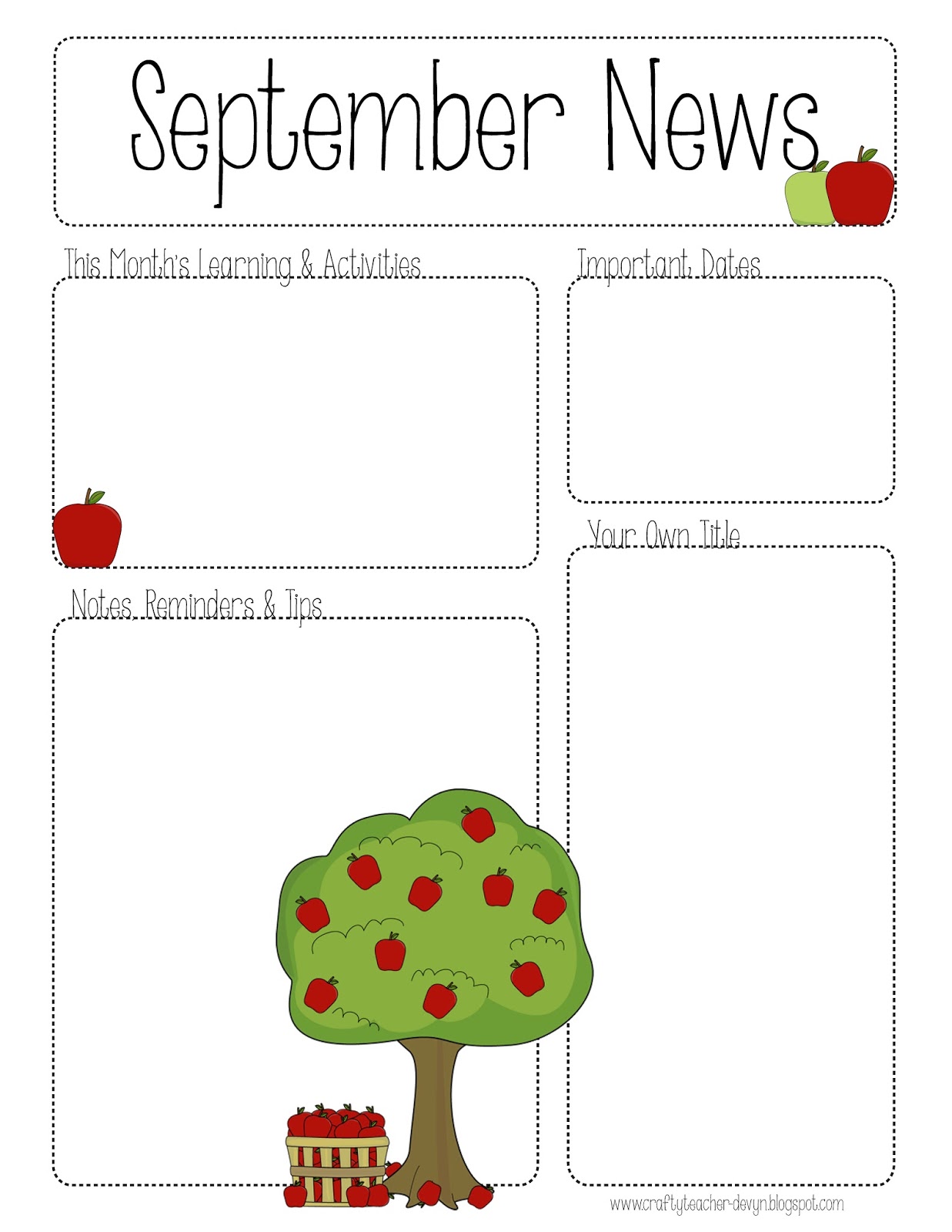Pre K news is crucial for parents, educators, and anyone invested in early childhood development. As the education landscape continues to evolve, staying informed about the latest trends, research, and policy changes is essential. This article aims to provide comprehensive insights into the world of Pre K education, including recent news, significant developments, and effective strategies for fostering an enriching learning environment for young children.
In recent years, there has been a growing emphasis on the importance of early childhood education, particularly in pre-kindergarten settings. Research indicates that quality early education can lead to better academic outcomes, social skills, and overall well-being. As such, the demand for up-to-date information regarding Pre K news has never been higher.
This article will explore various aspects of Pre K education, including curriculum innovations, policy updates, and expert opinions. We will also provide valuable resources for parents and educators to ensure that they are equipped with the knowledge needed to support their children's learning journeys.
Table of Contents
- What is Pre K?
- Importance of Pre K Education
- Latest Pre K News
- Curriculum Innovations in Pre K
- Recent Policy Changes Affecting Pre K
- Expert Insights on Pre K Education
- Resources for Parents and Educators
- Conclusion
What is Pre K?
Pre K, or pre-kindergarten, is an educational program designed for children typically aged 4 to 5 years old, serving as a bridge between preschool and kindergarten. This early learning stage focuses on social, emotional, cognitive, and physical development, preparing children for the more structured environment of kindergarten.
Key Characteristics of Pre K Programs
- Focus on play-based learning
- Development of social skills
- Introduction to early literacy and numeracy
- Encouragement of creativity and critical thinking
Importance of Pre K Education
The significance of Pre K education cannot be overstated. Numerous studies demonstrate that children who attend high-quality Pre K programs are more likely to succeed academically and socially in later years. Here are some critical reasons why Pre K education is vital:
Long-Term Academic Benefits
Children who participate in Pre K often perform better in elementary school, exhibiting improved reading and math skills. According to a study by the National Institute for Early Education Research (NIEER), children who attend Pre K have higher test scores and are less likely to be retained in grade.
Social and Emotional Development
Pre K programs provide children with opportunities to develop essential social skills, such as sharing, cooperation, and conflict resolution. These skills are crucial for building positive relationships with peers and adults.
Latest Pre K News
Staying updated with the latest Pre K news is essential for parents and educators. Here are some recent developments in the field:
Increased Funding for Early Childhood Education
Many states are recognizing the importance of early childhood education and are increasing funding for Pre K programs. This funding is aimed at improving program quality, accessibility, and affordability for families.
Expansion of Universal Pre K Programs
Several states have initiated or expanded universal Pre K programs, ensuring that all children have access to quality early education, regardless of their socioeconomic background.
Curriculum Innovations in Pre K
Innovative curriculum approaches are emerging in Pre K education, focusing on holistic development and engaging learning experiences. Some notable trends include:
STEM Integration in Early Education
Science, Technology, Engineering, and Mathematics (STEM) concepts are increasingly being integrated into Pre K curricula. Educators are using hands-on activities and play-based learning to introduce young children to these critical subjects.
Social-Emotional Learning (SEL)
Social-emotional learning has become a focal point in Pre K programs, with educators implementing strategies to support children's emotional development and resilience.
Recent Policy Changes Affecting Pre K
Policy changes at the local, state, and federal levels significantly impact Pre K education. Some recent changes include:
Expansion of Eligibility Requirements
Many states are loosening eligibility requirements for Pre K programs, allowing more families to access early education services. This change aims to support diverse communities and ensure that all children have a strong foundation.
Increased Focus on Teacher Training
New policies are emphasizing the importance of qualified educators in Pre K settings, leading to increased funding for teacher training programs and professional development opportunities.
Expert Insights on Pre K Education
To gain deeper insights into Pre K education, we consulted experts in the field. Here are some key takeaways:
Importance of Family Engagement
Experts agree that family engagement is critical to children's success in Pre K programs. Parents should actively participate in their child's education, fostering a strong home-school connection.
Play-Based Learning as a Foundation
Many educators emphasize the value of play-based learning, highlighting its role in promoting creativity, problem-solving, and social interactions among young children.
Resources for Parents and Educators
To support your journey in Pre K education, consider utilizing the following resources:
- National Association for the Education of Young Children (NAEYC)
- National Institute for Early Education Research (NIEER)
- U.S. Department of Education - Early Learning
Conclusion
In summary, Pre K education plays a vital role in children's overall development and future academic success. Staying informed about the latest Pre K news, innovations, and expert insights can empower parents and educators to create an enriching learning environment for young learners. We encourage you to engage with the content, share your thoughts in the comments, and explore additional resources to enhance your understanding of Pre K education.
Thank you for taking the time to read this article. We hope to see you back here for more updates and insights on early childhood education!



